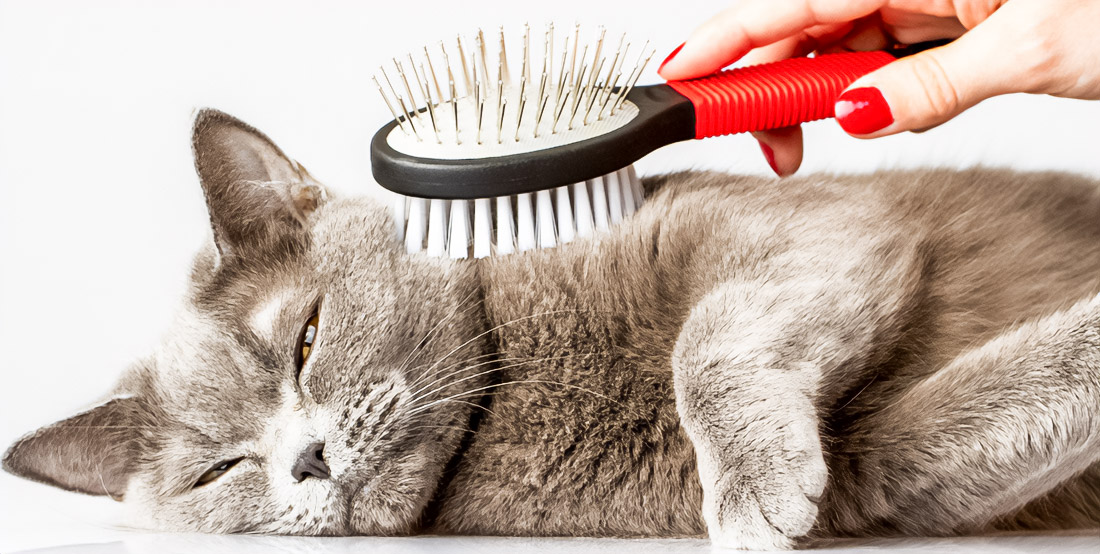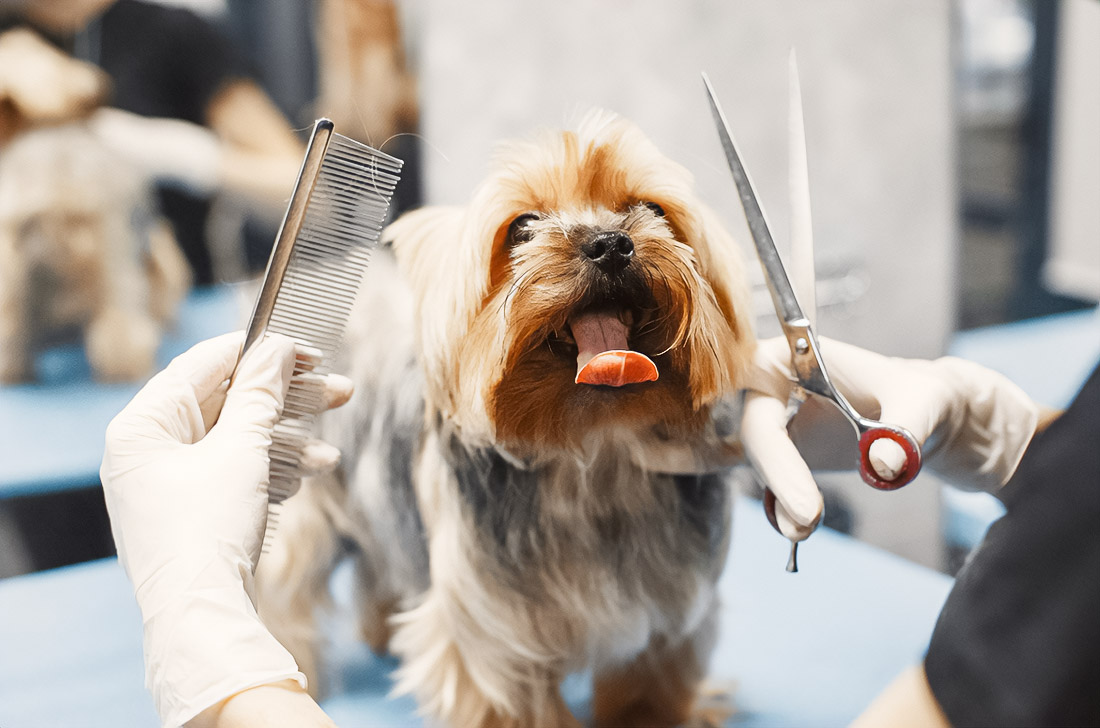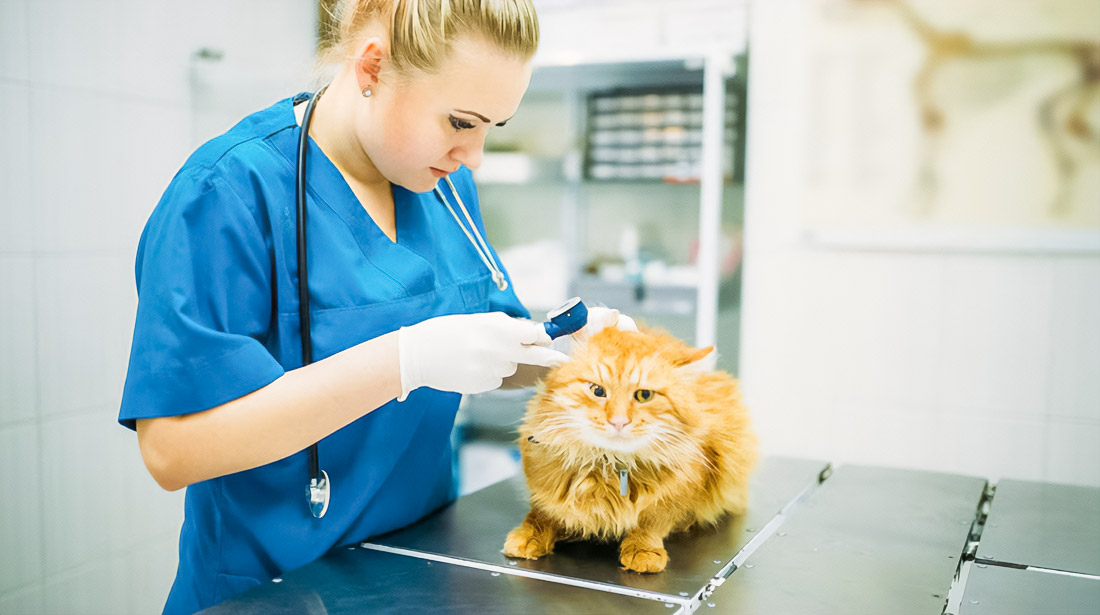Modern technologies confidently penetrate into all aspects of our lives, and the sphere of veterinary does not remain aside. In recent years, we have witnessed impressive progress in the use of technologies for the improvement of the health of domestic animals. One of the most advanced directions is the integration of smart microchips and digital medical records. This innovation allows us to provide more qualitative and timely care for our pets. For obtaining professional help, refer to vet UAE.
Smart microchips: Device and advantages

Smart microchips represent themselves miniature devices, implantable under skin of animal. They contain unique identification number and can support additional information, such as data about vaccinations, allergies and medical indicators. These chips use technologies of radio-frequency identification (RFID), that allows to read information with help of special scanner.
The advantages of the use of smart microchips are vast and diverse:
- Reliable identification: Device provides a reliable way of identification of animals, especially in case of loss or theft.
- Fast access to medical information: Allows veterinarians promptly to make informed decisions in emergency situations, maximally reducing risks for pets.
- Convenience for owners: Owners can use mobile applications to obtain information about the health of their pet, which increases convenience and transparency of care. More about RFID can be found here.
Integration with digital medical records: Technological breakthrough

Process of integration of smart microchips with digital records occurs step by step. Initially data from chip synchronize with centralized database, that provides access to actual information. This important both for owners and for veterinarians.
Accuracy and timeliness of information extremely important, as they allow to provide high quality of veterinary care. Veterinarians can promptly check history of illness, current and previous treatments, as well as results of analyzes. This not only accelerates diagnostics and treatment, but also minimizes risk of mistakes.
Dubai: Successful implementations of technologies in veterinary

Dubai, known for its aspiration to innovations, actively implements smart microchips and digital medical records. City authorities and veterinary clinics work in cooperation for creation of unified technological system, covering all domestic pets of region.
One successful example is the project of comprehensive equipment for animals with microchips. This initiative helped significantly to reduce the number of lost animals and simplified their return to owners. Veterinarians note a reduction in time spent on diagnostics and treatment, which increases the trust of owners in clinics and improves the health of animals. Learn more about technologies in Dubai can be here.
Challenges and problems of implementation of technologies

Despite obvious advantages, implementation of technologies connected with number of problems. One of most important is protection of data. Required strict measures for provision of security of information, to prevent leaks.
At owners of animals also arise questions about confidentiality. Necessary to guarantee, that access to medical records have only authorized persons, providing owners control over who and when uses their data.
Future of technologies in veterinary
Positive future predicted to implementation of even more complex technologies in veterinary. Expected, that more advanced microchips will be able not only to store data, but also to monitor health of animal in real time, revealing diseases at early stage.
Development of artificial intelligence and methods of machine learning will open new horizons for analysis of large volumes of medical data, improving quality of diagnostics and treatment. This will make veterinary practice more personalized and will increase overall level of well-being of animals and their owners.
Useful recommendations
It is important to stay on course with the latest trends and actively implement new technologies. Recommended:
- Follow relevance of data: Regularly update information on chips and in digital records.
- Learn new: Attend educational courses and seminars on modern technologies in veterinary.
- Protect data: Use reliable passwords and systems of security to prevent leaks of information.
Thus, smart microchips and digital medical records open new horizons in veterinary. These innovations not only improve the care of pets but also make the lives of owners more convenient and calm. Active participation of all parties — from veterinarians to owners — is necessary for the successful implementation and use of these advanced technologies. Learn more about protection of data here.



